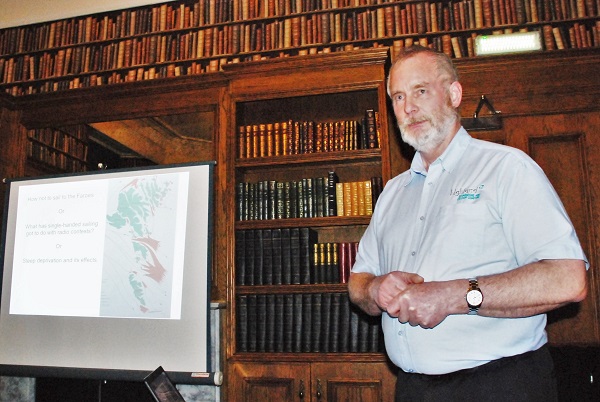
Geoff Crowley MM5AHO
Qualifications: B.Eng metallurgy, MBA, Yachtmaster Ocean Qualified skipper. Originally from New Zealand, Geoff moved to Scotland in 1993 from Iceland.
At the meeting on March 11th our good friend Geoff Crowley MM5AHO returned to talk about “How Not to Sail to the Faeroe Islands”. There was a good turnout including two visitors from the Cockenzie club, in spite of the current coronavirus concern.
Synopsis: Sleep deprivation is a problem in radio contesting and also in sailing single-handed. Geoff Crowley does both, and he recounted a few experiences during 2019 when lack of sleep caused problems in both sailing in his yacht Contender and in contesting. Some further examples from 2018, including a 1000 mile round trip to Rockall added interest about managing 24 hour activity.
The following is a summary of Geoff’s talk, written by Vic Stewart GM3OWU.
It is followed by Geoff’s slides.
……………………………………………………………………………………………………….
How not to sail to the Faeroe Islands 11/03/2020
Lothians Radio Society. Geoff Crowley MBA B Eng, talking about the effect of sleep deprivation in amateur radio contesting and also sailing single handed including sailing to the Faeroes.
Geoff is both a radio amateur and an ocean qualified yacht master with a 10 metre yacht. He realised there was a parallel between lone operating in an amateur radio competition usually over a 24 hour period and sailing his yacht single handed on the ocean. Both activities gave rise to common problems including: sleep deprivation, poor judgement, danger of a collision at sea, inaccurate record keeping which, on the radio side, could lead to a loss of points for incorrect recording of a radio contact and on sailing might endanger himself and others through faulty navigation etc. In maritime terms there is a requirement to “keep an adequate watch” which is, however, not clearly defined. With at least a second crew member one person could try and stay awake while the other sleeps or prepares food etc. He mentioned that solo sailors often have to learn to sleep for very short periods. Ellen Macarthur taught herself to sleep in intervals of just a few minutes and similarly Hugo Boss limited sleep time to naps of between 18 and 20 minutes on a nonstop world trip with an average speed of 15 or so knots. Hence the importance of both excellent mental and physical fitness.
Even with several crew members problems could arise over ensuring there was the right skill mix. He liked to have both a “lead” person and a “backup” for critical activities and illustrated how difficult it was if a member became seasick in bad weather which sometimes stretched capacity. He limited his sleep time while solo to 30 minutes using an egg timer with an alarm to wake him every 30 minutes. If he then checked his course, sail etc. was satisfactory he was usually able to get back to sleep but, if he had to stay awake for more than a few minutes, he found it very difficult to sleep again. The 30 minute limit was chosen for the Faeroes trip because there was limited shipping using that part of the ocean. In busier areas he would be much more challenged if alone.
Further health features arose in lone working conditions including the likelihood of developing type 2 diabetes, becoming overweight due to irregular and imbalanced food intake. He illustrated occasions where his judgement was poor with an example when he later realised how he might have taken a much better decision if he had been more alert at the time. Fortunately the matter did not raise safety concerns though it could have done so.
To protect his yacht especially on solo trips he used systems to help stay on course:
- Auto Identification System (AIS) to alert other shipping within a roughly 20 mile radius of his location, linked to a low power transmitter and laptop run via a back-up generator or from the laptop battery itself
- Wind Vane to help maintain a steady course
He explained that his yacht was designed for a speed of 6-8 knots but, of course, this would be influenced by wind conditions e.g. a forward wind of 5 knots would give faster overall speed but a reverse wind would increase pro rata the journey time. This would affect the rendezvous time on some race events with a fixed time to reach port. This aspect was called “apparent wind”. In the past this effect could increase his heart rate if time became critical but with experience he was better able to cope with the need to be prepared to change plans in real time. He took part in a number of adventures including a mix of sailing with others on board leaving at checkpoints and tackling marathon type running or a mountain climbing event against the clock with, hopefully, all meeting together at the boat’s new rendezvous at a time to avoid a penalty! He illustrated with several examples of plans having to be changed in real time in view of delays due to changes in weather or simple exhaustion leading to poor decision making. In some events weather conditions resulted in many competitors withdrawing
.A round trip to Rockall illustrated difficult conditions over some 1000 miles from his home port.
Skippers had also to ensure the safety of the boat in terms of serviceable equipment including simple but essential matters such as the condition of ropes, sail, fenders not to mention electronic equipment which collectively meant being thoroughly organised, appropriately trained and both physically and mentally alert. Sailing solo was both a challenging and a dangerous activity for those not adequately prepared.
==============================================================
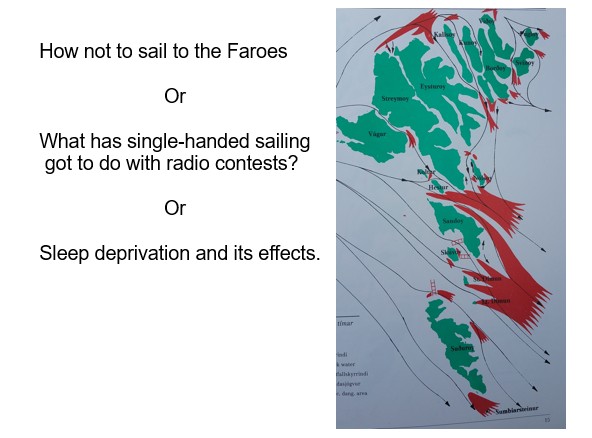
Chart shows some of the strongest ocean currents near the Faeroes, some stronger than most yachts can do!
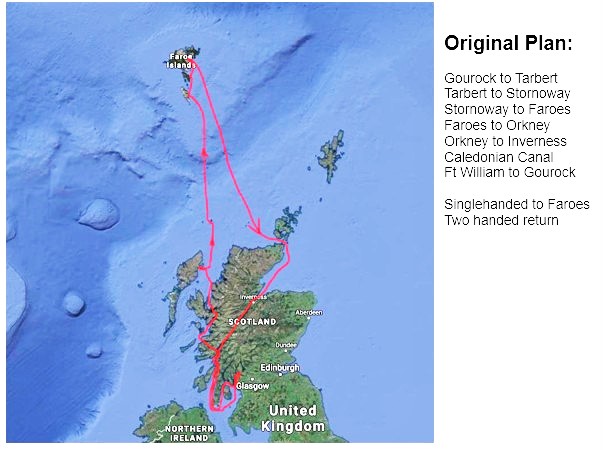
Original plan. As we shall see, Geoff didn’t actually make it to the Faeroe Islands this time!
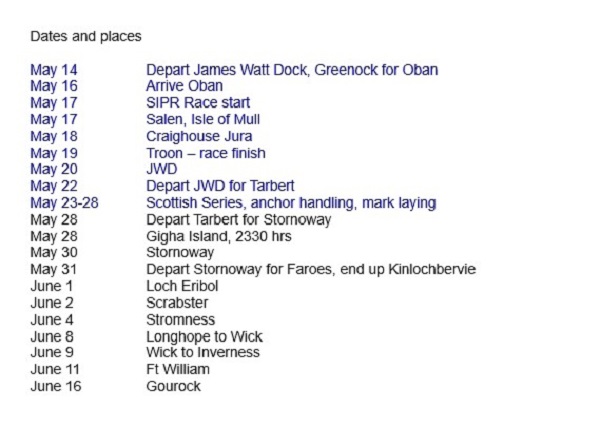
Planned schedule (2019).
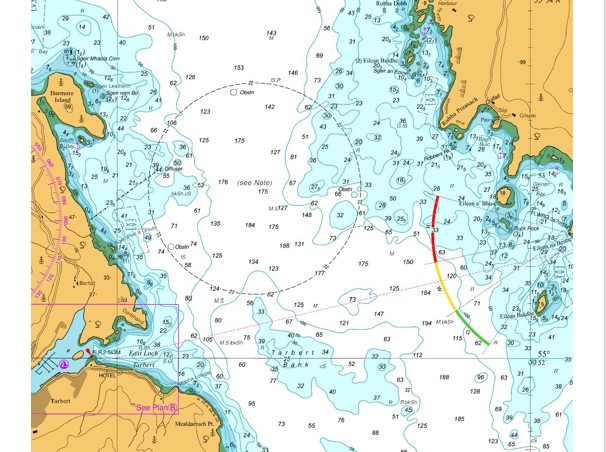
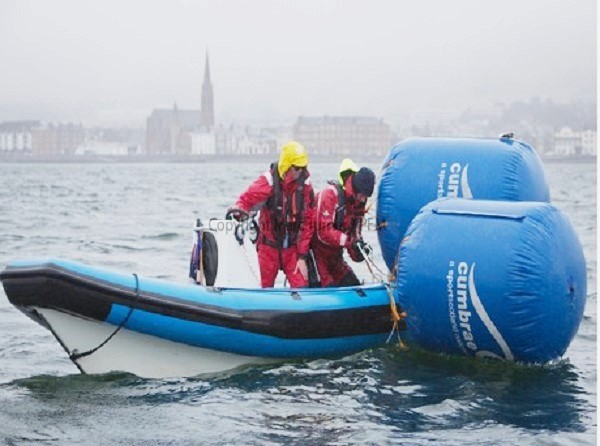
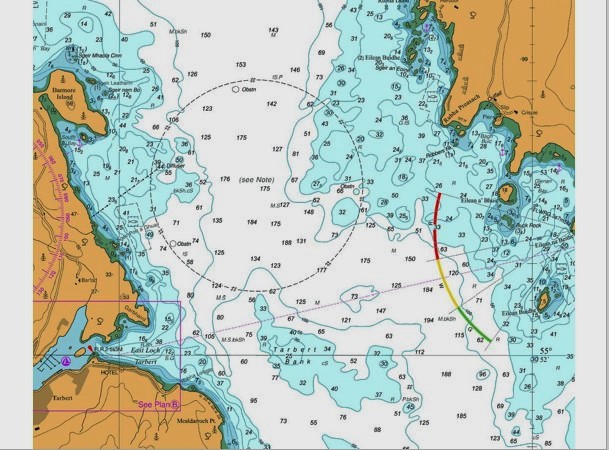
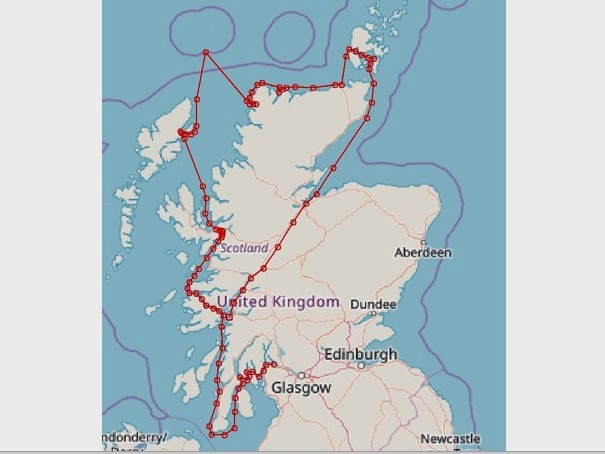
Planned route,including return down the Caledonian Canal, including Loch Ness.
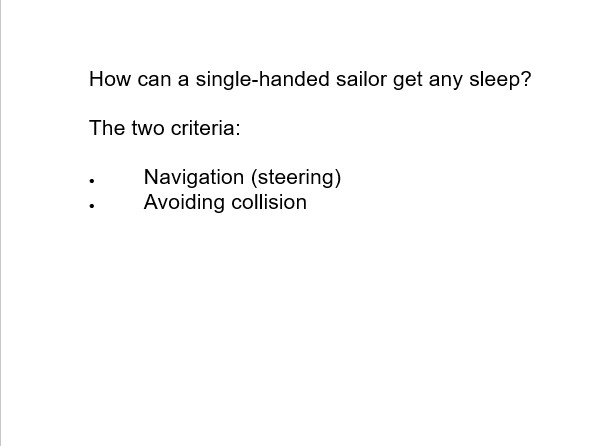
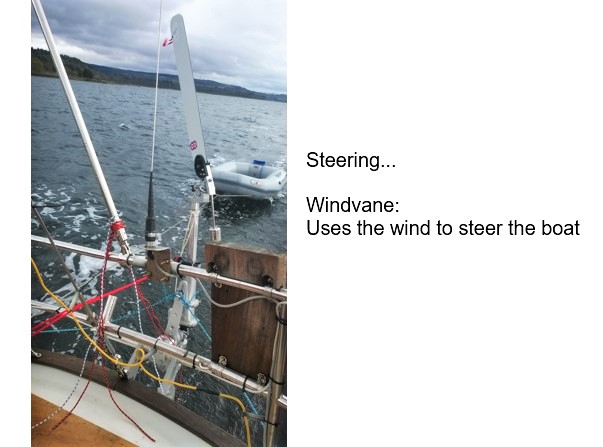
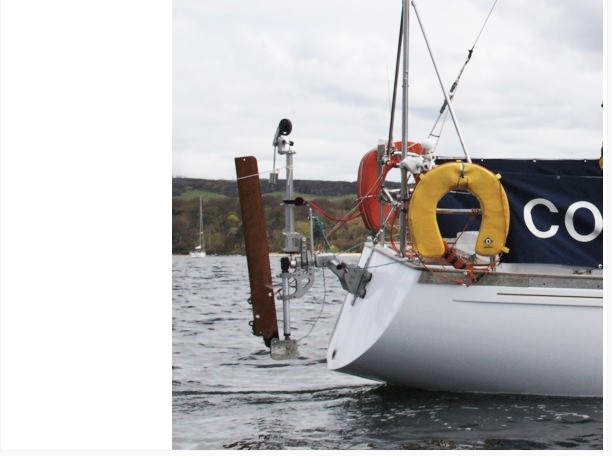
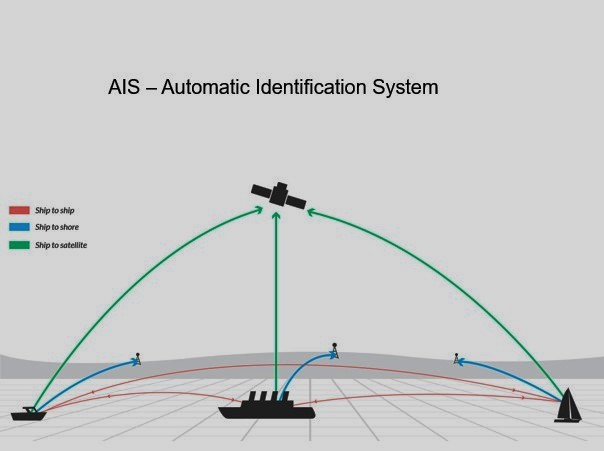 See also Ship AIS website which plots all vessels transmitting their data (well worth looking at for your area).
See also Ship AIS website which plots all vessels transmitting their data (well worth looking at for your area).
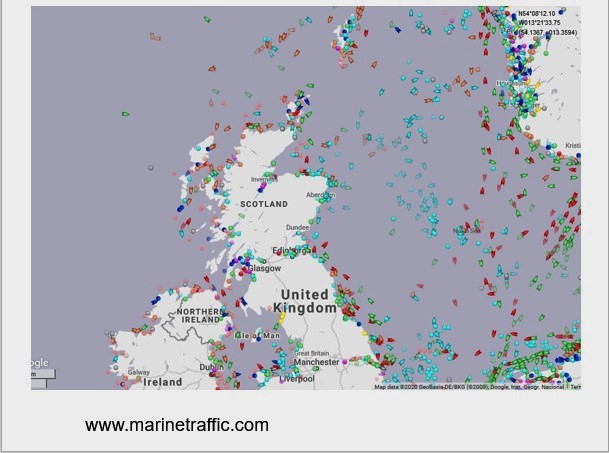
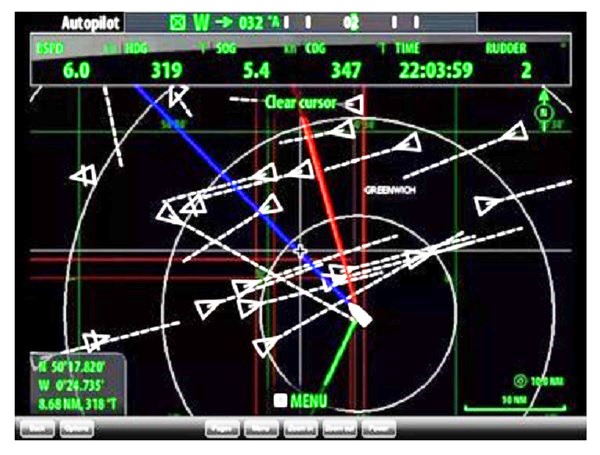
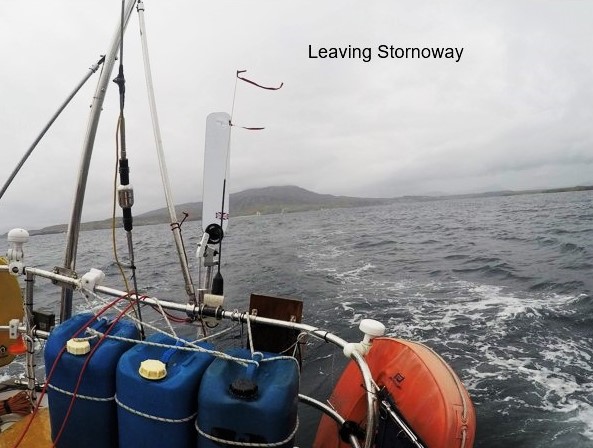
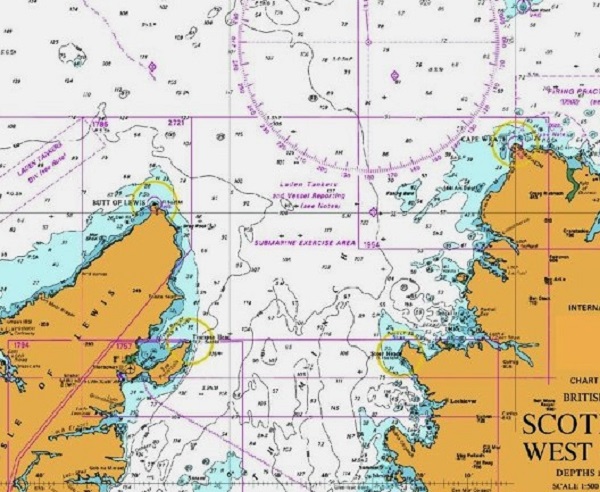
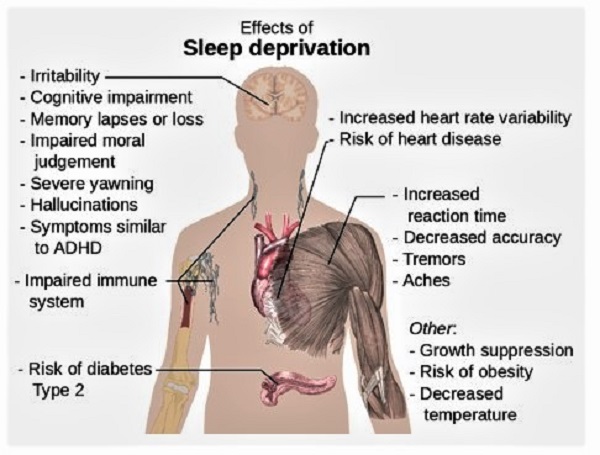
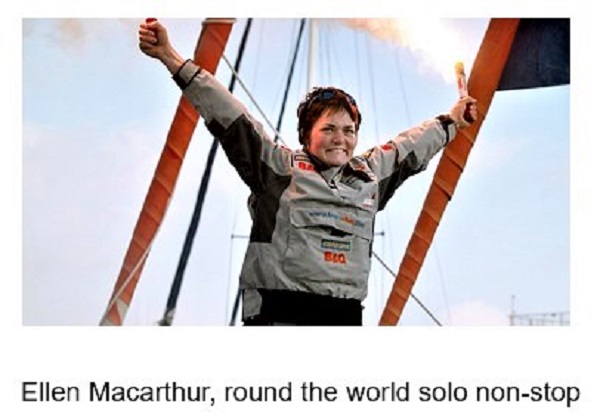
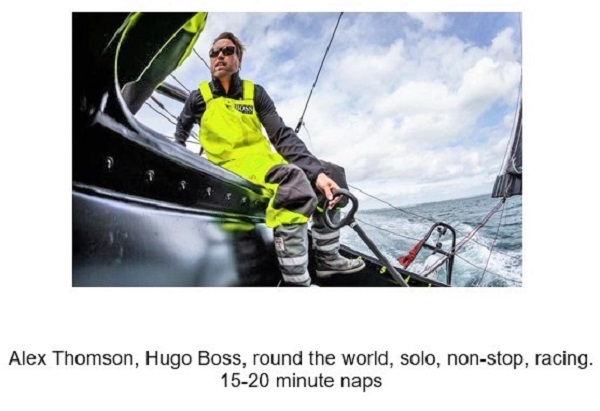
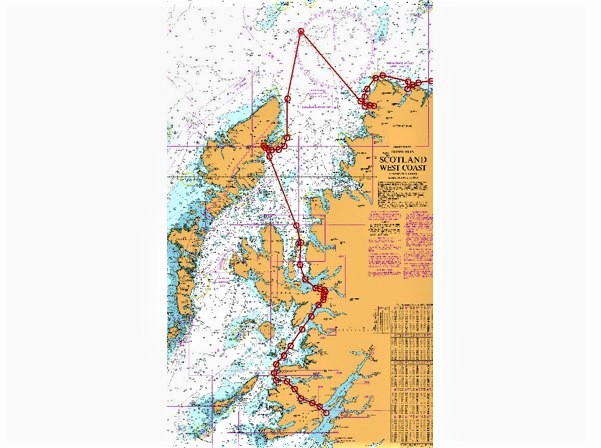
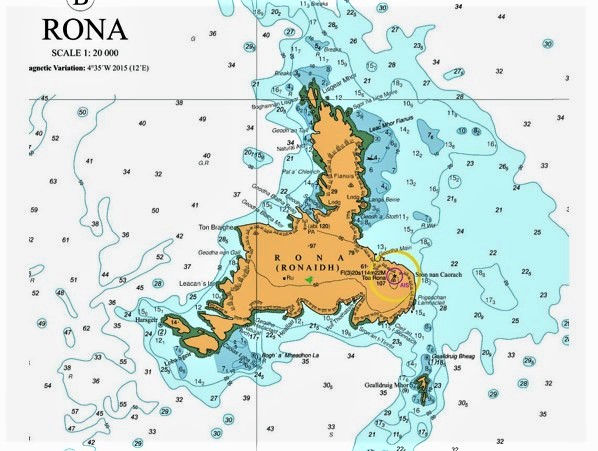
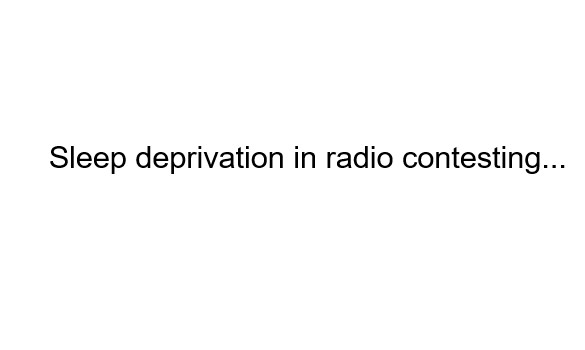
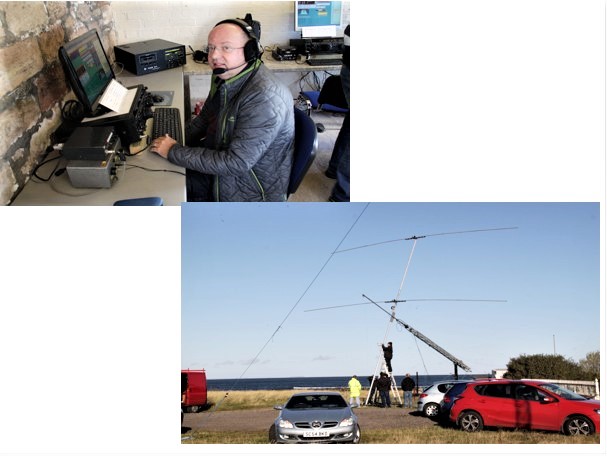
John Innes MM0JXI – who spoke to the LRS on 29th Nov 2019.
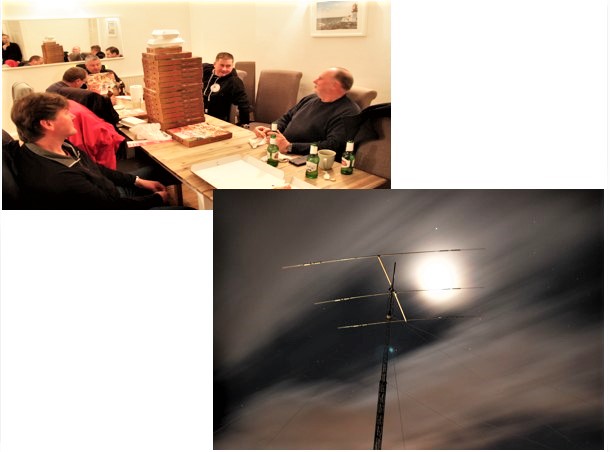
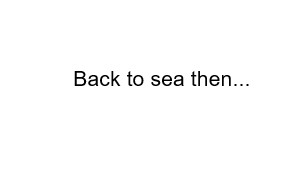
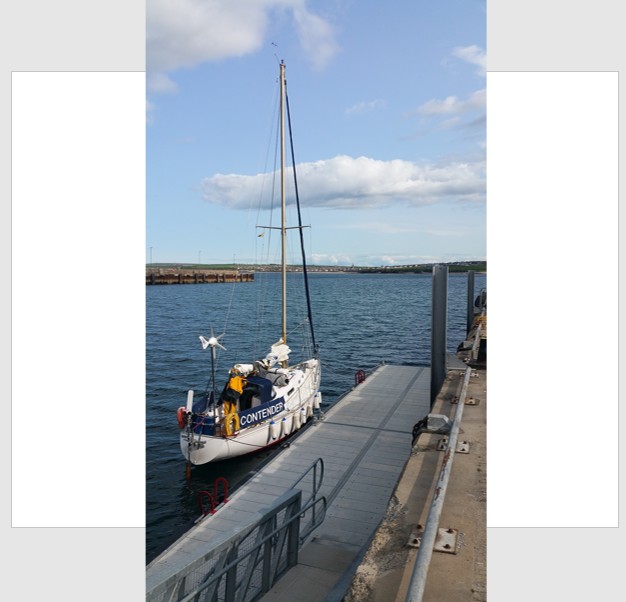
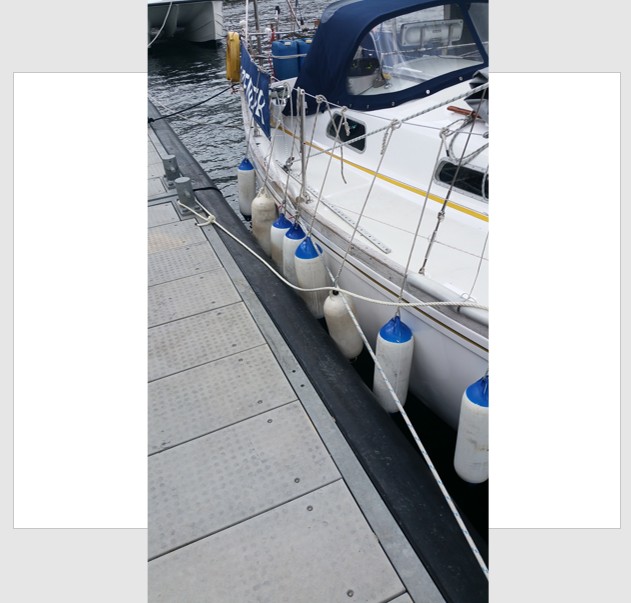
Protection for Contender’s hull in rough wx, even in harbour.
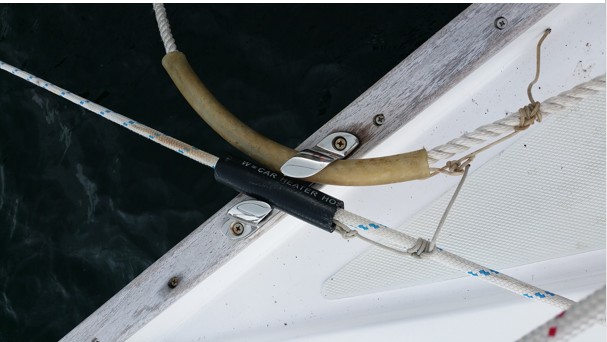
Protection for guys against chafing.
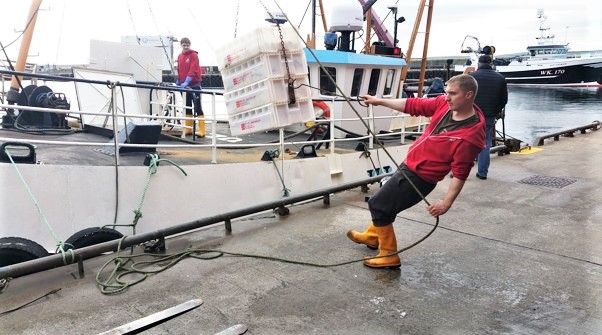
Fishing is most important in some of the ports visited by Geoff.
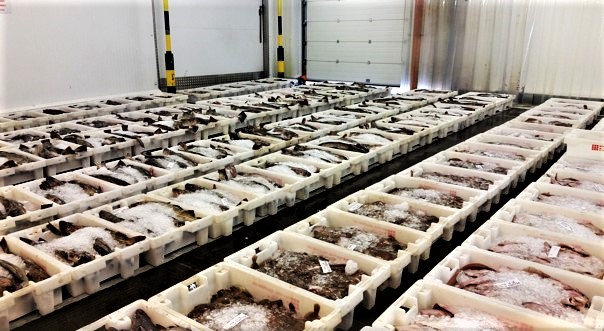
Most of the fish, after sorting, is sent to distant markets for sale.
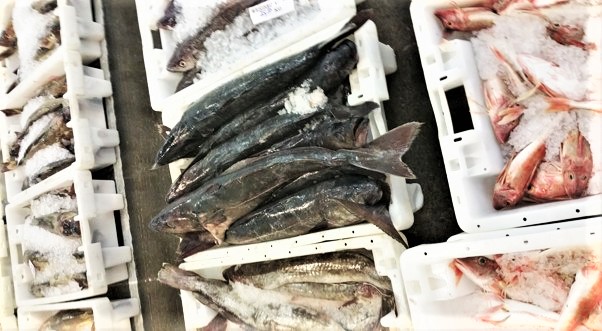
Fish, sorted and preserved by large quantities of ice.
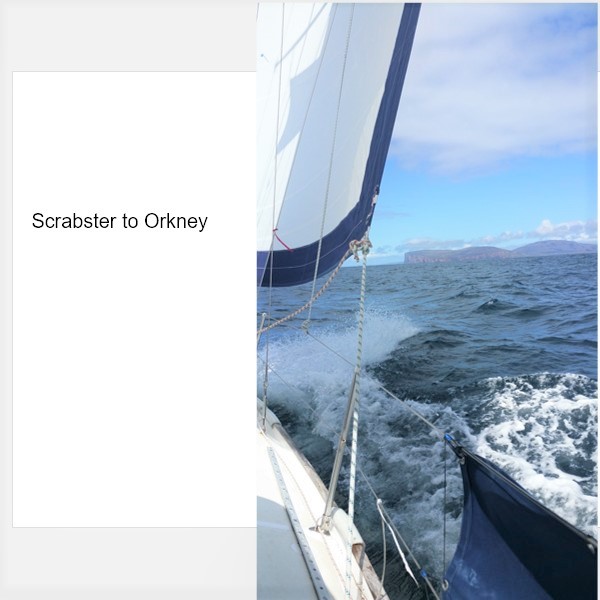
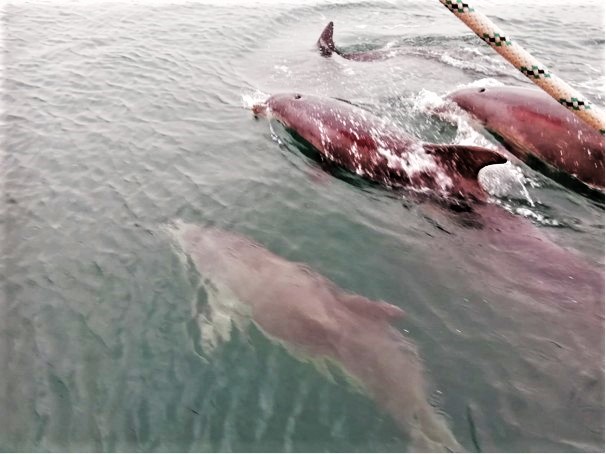
Lots of dolphins.
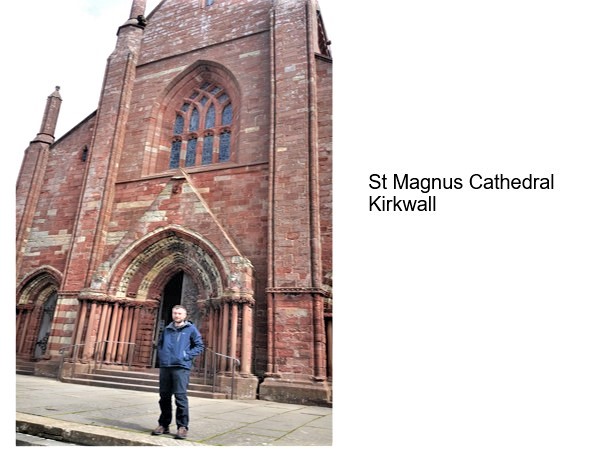
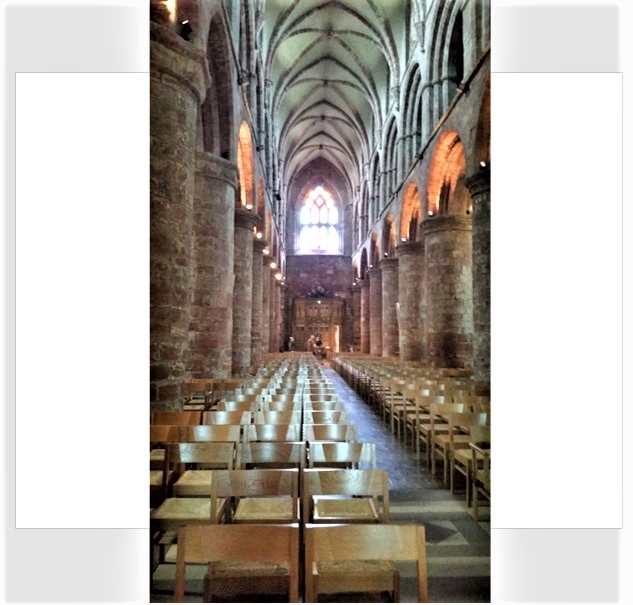
Majestic interior of St Magnus Cathedral.
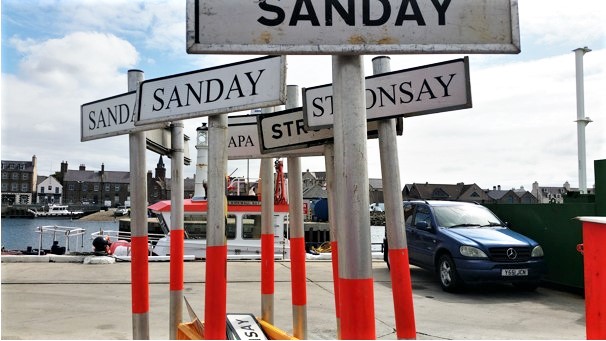
Looks like all roads lead to Sanday!
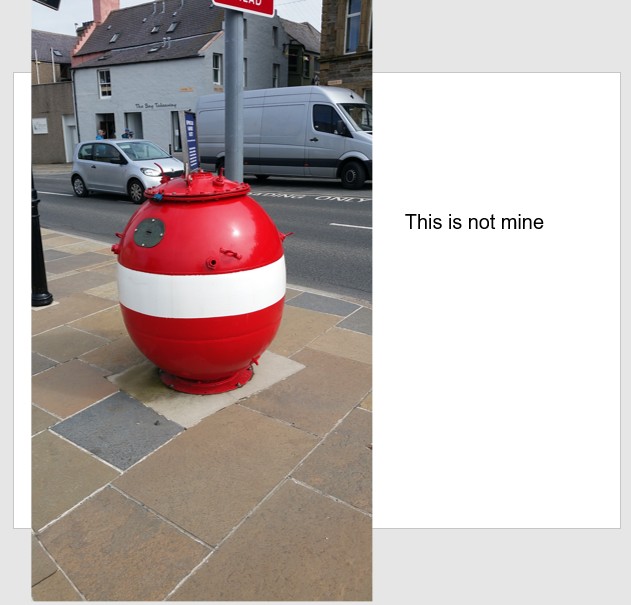
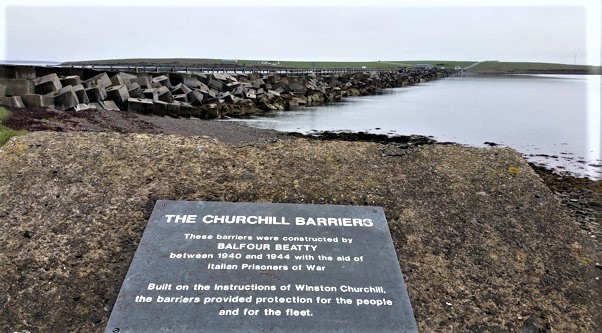
The Churchill Barriers were constructed in WWII to protect the anchorages in Scapa Flow.
NOTE: GM3PSP’s father was posted there in the RAF to be responsible for the protective barrage balloons.
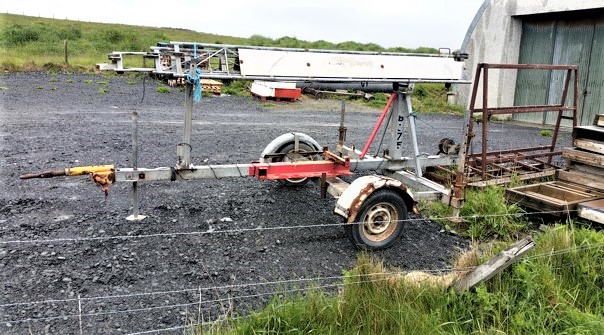
Geoff spotted this rather fine portable antenna mast.
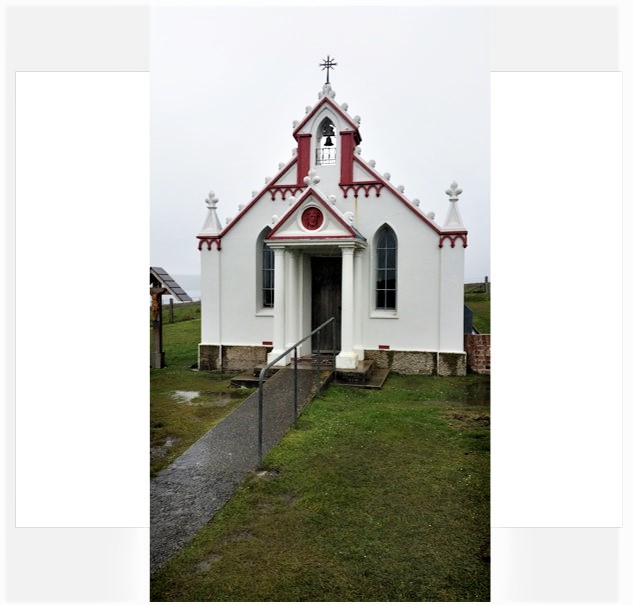
Italian POWs constructed this now-famous Italian chapel at Scapa Flow from a Nissen Hut with an attractive entrance wall.
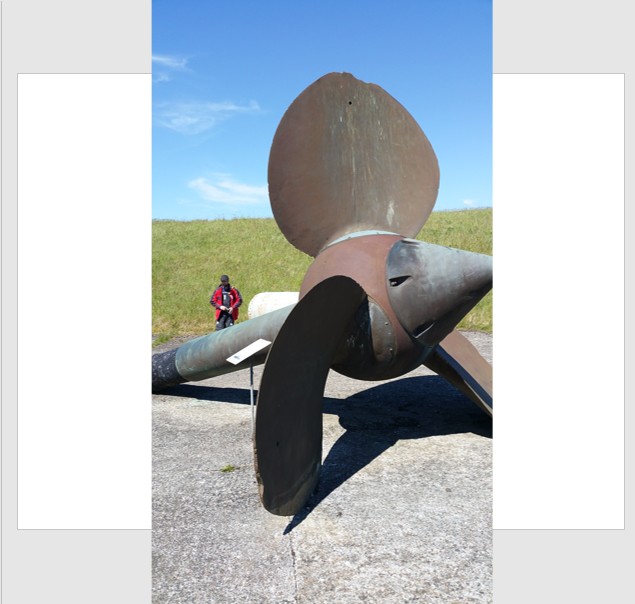
A large propeller, likely from one of the German battleships scuttled in Scapa Flow.
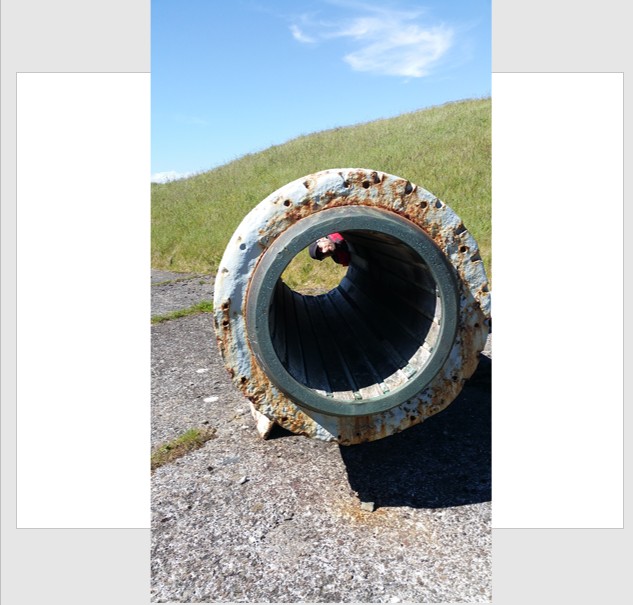
Remains of a large gun at Scapa Flow.
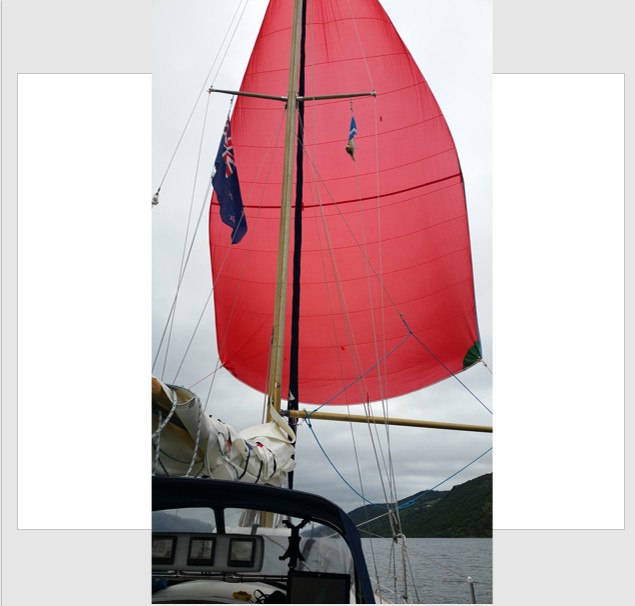
Sailing again.
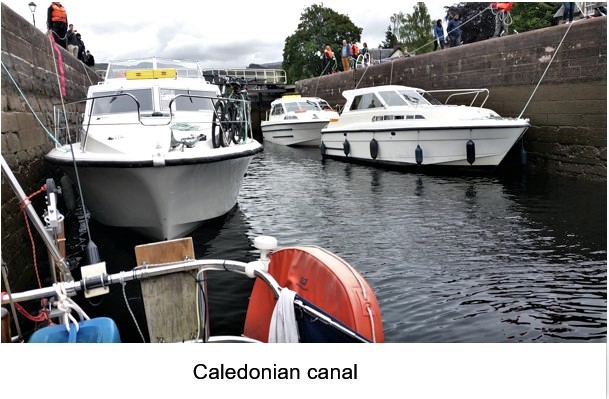
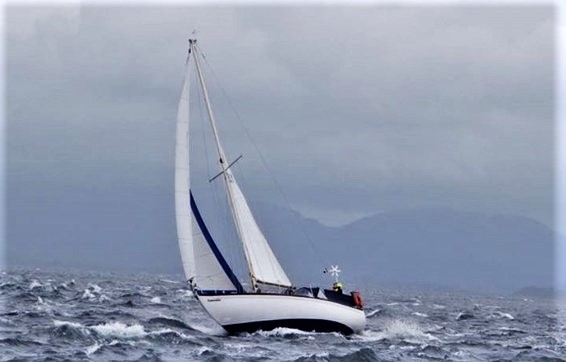
Th ewx can even be quite challenging in LOch Ness.
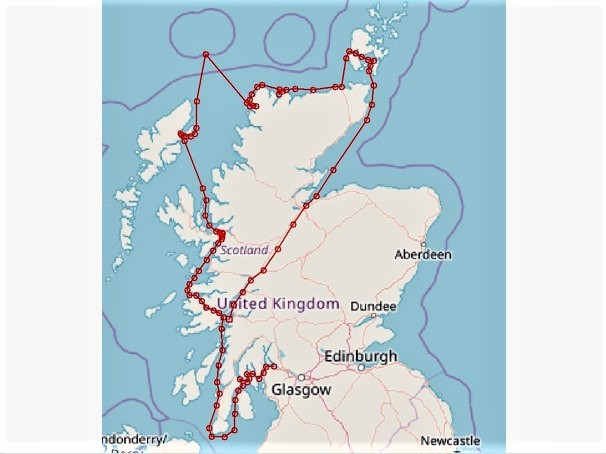
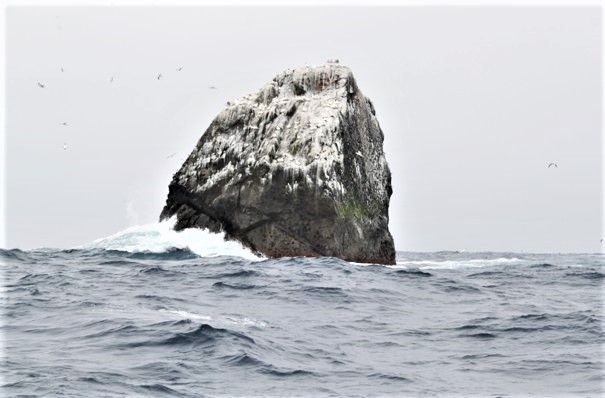
Geoff also described his trip in 2018 to the very isolated Rockall waay out in the North Atlantic, and covered in guano.
Landing on it and climbing to the top (and then getting off) is challenge, not attempted on this trip!
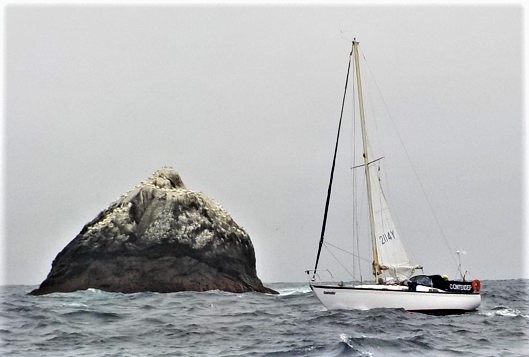
The height of Rockall is only about the same as that of Challenger’s mast – 18m.
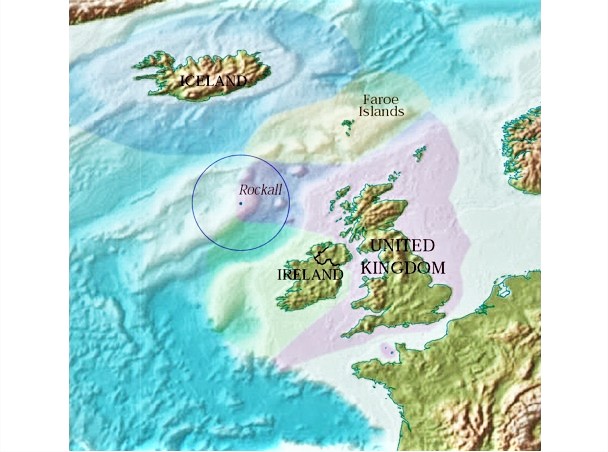
Location of Rockall. Even St Kilda is much closer to Scotland.
The length of this trip in 2018 was about 1000 miles.
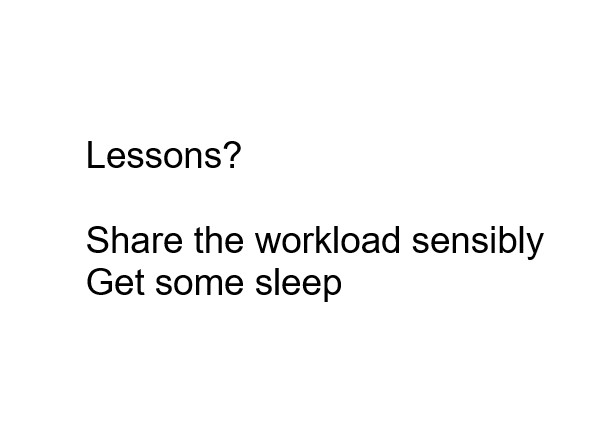
(Eagle-eyed readers will have noted that Geoff succeeded in NOT sailing to the Faeroe Islands during this trip)!
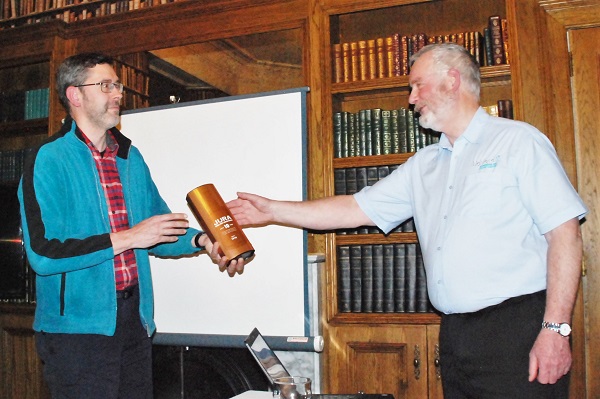
After his most interesting and well-illustrated talk, Geoff was thanked by LRS Program Manager, James GM4WZP asking him if he had ever been to the Isle of Jura. Hearing that he had, he was presented with a liquid memory of it.
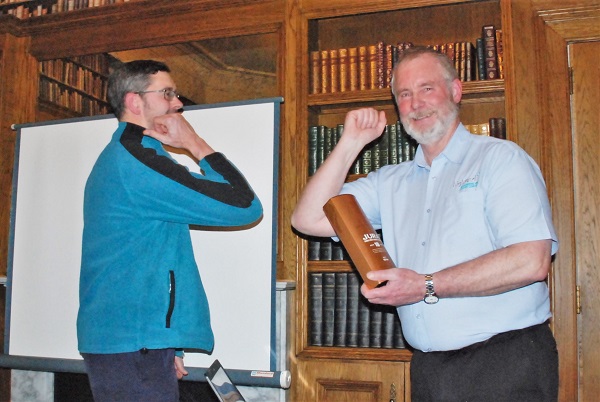
With the current coronavirus concern they bumped elbows rather than shaking hands!
Thanks again, Geoff!
